Empowering Communities, Transforming Lives: The SCOPE Project Journey
The journey to community transformation can begin with just one person. In Les Cayes, Haiti Junia is a beacon of hope. She’s a dedicated community health worker (CHW) who is supported by the SCOPE project. Junia’s mission is to dispel misconceptions and fears surrounding maternal and child health, addressing prevalent beliefs that hinder women from seeking essential health services. From overcoming resistance to vaccinations to avoiding hospitals during pregnancy, Junia has witnessed firsthand the impact of unfounded fears.
Drawing inspiration from her own transformative journey, Junia realized the power of leading by example. “If I’m teaching people in my community how to take care of themselves and their children, I have to be an example for them not only by my words but also by my actions,” she explained. Through the personal changes she made, Junia – and hundreds of CHWs, volunteers and faith leaders like her – catalyzed a community-wide shift towards healthier practices, echoing the stories of almost 550,000 individuals in four countries impacted by the SCOPE Project.
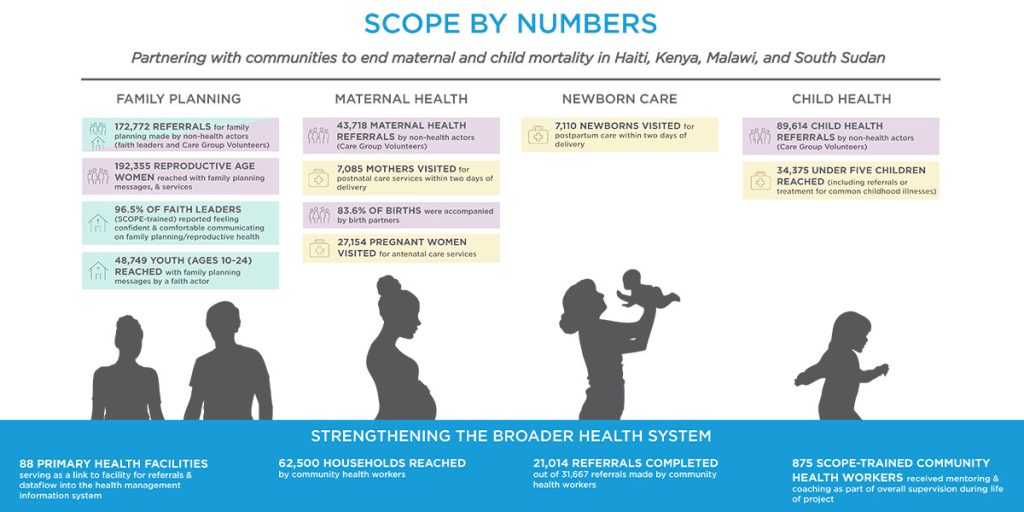
WRAPPING UP THE SCOPE PROJECT
Despite remarkable progress in women’s and children’s health worldwide, millions still suffer or die from preventable causes during pregnancy, childbirth and early childhood. The path to quality healthcare is often obstructed by long distances, cultural misconceptions and limited easy-to-access quality care.
Over the last four years, World Relief has sought to address the barriers and clear the path to quality care through the USAID-funded SCOPE project. At the heart of SCOPE’s programming is the desire to make reproductive, maternal, newborn, and child health (RMNCH) services accessible at the community level, and strengthen primary health care. To bring this vision to life, SCOPE harnessed the collective power of faith leaders, community health workers and community groups. Today, we’re excited to release a report detailing our success and learnings from the SCOPE project. Keep reading to learn more.
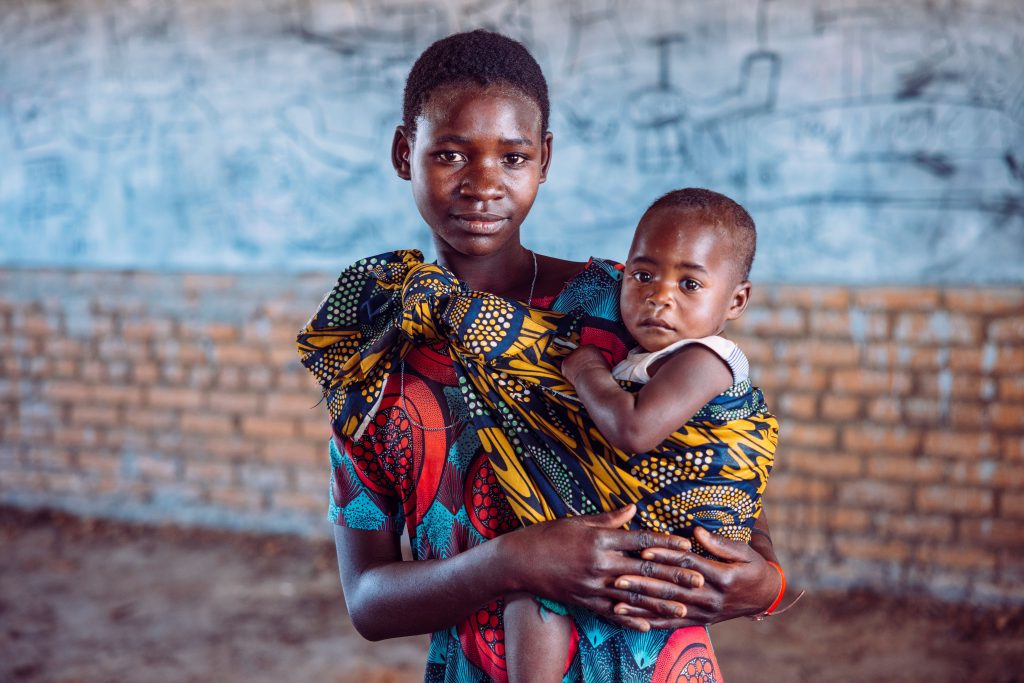
SCOPE REPORT Snapshot
Faith Leader Engagement
SCOPE collaborated with faith institutions to train and build faith leaders’ capacity to communicate critical health messages to their congregations and encourage care-seeking behaviors. After receiving training, faith leaders organized health promotion activities and emphasized unity among diverse faith traditions. Making Our Communities Better workshops empowered faith leaders to mobilize communities for health and broader development initiatives.
Family Life Education tools were instrumental in fostering positive social-behavior change. They addressed cultural and religious barriers, empowering faith leaders to influence attitudes and practices positively. Faith leaders, once mobilized, became vital sources of referrals of family planning information, connecting communities with health services and contributing to social norm change.
Over 5,800 faith leaders were trained and mobilized by SCOPE.
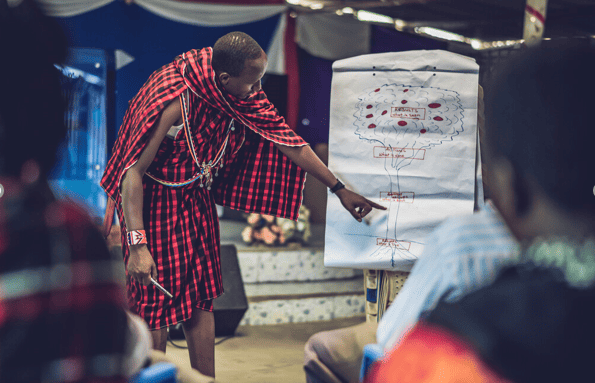
Community Groups
SCOPE engaged the broader community through Care Groups and Couples’ Groups, using clear, relatable culturally-contextualized curricula. Care Groups, consisting of 18,910 volunteers, extended the health system’s reach, providing vital RMNCH information to 192,355 women. These volunteers supported CHWs, making substantial referrals (157,958 for family planning, 43,718 for maternal health, and 89,614 for child health). The Care Group model positively impacted community-wide health behavior, emphasizing peer support and skill-building.
Families Together, a program that helped to strengthen couple-relationship and joint decision making for family planning, reshaped perceptions. Participants experienced positive changes, empowering women to make informed decisions without societal condemnation. In Malawi, the program contributed to more equitable gender relations and reduced domestic violence, reflecting shifts in societal attitudes toward violence against spouses, as a female participant shared, “I learned that it was okay for me to decide which method worked best and that it was alright to make that decision and I no longer feel condemned because I chose to stop having other children. My friends are now making family planning choices which was not the case before we engaged in Families Together sessions.”
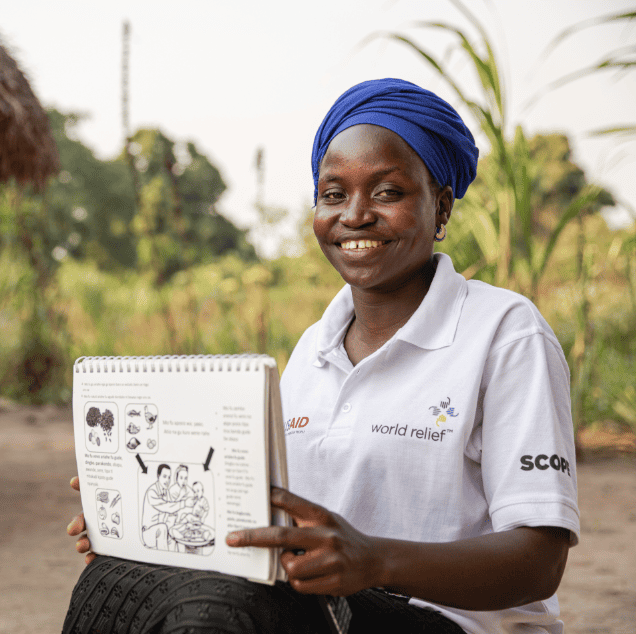
Through SCOPE, we’ve engaged faith leaders and empowered community leaders like Junia to serve women and children who are at risk due to lack of healthcare.
Many thanks to USAID for their continued support through this project. We invite you to explore the detailed final report, a testament to the transformative power of community-led initiatives. Together, we’re creating sustainable solutions to some of the world’s greatest challenges in some of the hardest-to-reach areas.
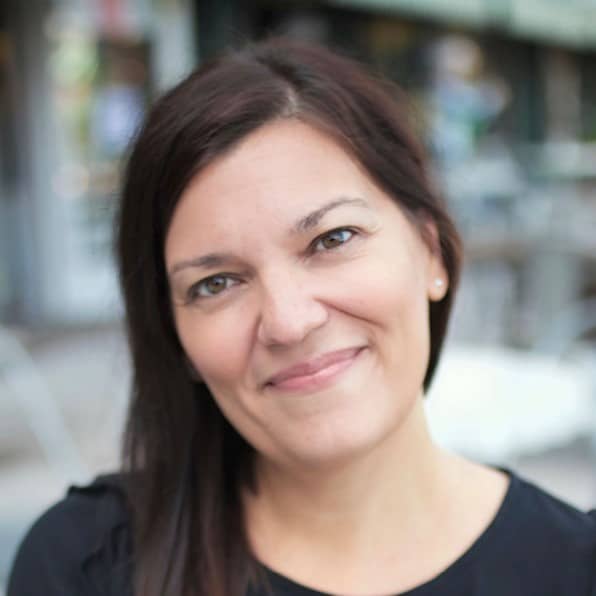
Eeva Sallinen Simard is the Chief of Party for World Relief’s USAID-funded SCOPE (Strengthening Community Outcomes through Positive Engagement) Project in RMNCH, HIV and COVID-19 response serving in Malawi, Kenya, Haiti, South Sudan, Rwanda, and DRC. She holds a master’s degree in International Politics from the University of Helsinki, and an MBA from Johns Hopkins University Carey Business School. She lives in Baltimore, MD with her husband, son, and daughter.
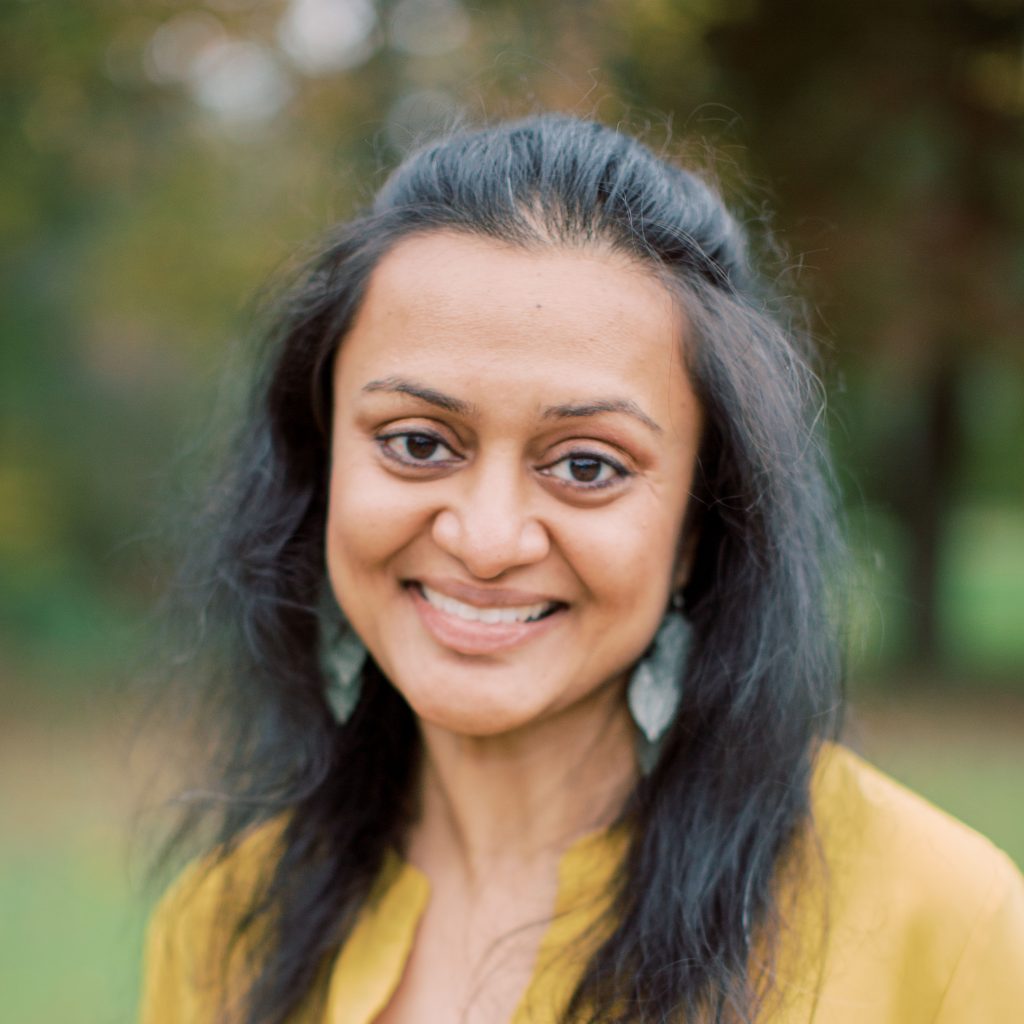
Devina Shah, MPH, RN served as the technical lead on SCOPE (a multi-country USAID-funded RMNCH project) at World Relief, where she has been responsible for overall technical direction of all program elements. With a focus on FP/MCH programs, Devina’s 17-year career in global health includes experience in program implementation with the Maternal Child Survival Program (MCSP) at John Snow Inc (JSI), design and management of FP/MCH programs at World Vision, support to social marketing programs in India with PSI and advocacy on Capitol Hill for FP/RH programming in Washington DC. Devina has educational training and degrees in public health and clinical nursing. She grew up in Mombasa, Kenya and is fluent in four languages: Swahili, Gujarati, Hindi and English.


